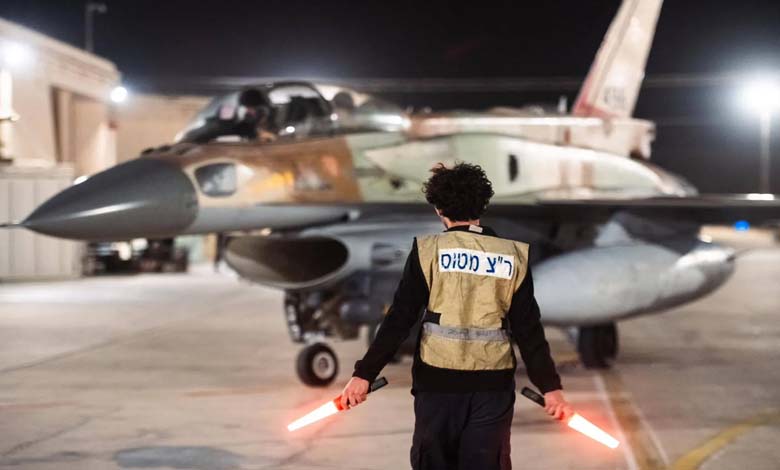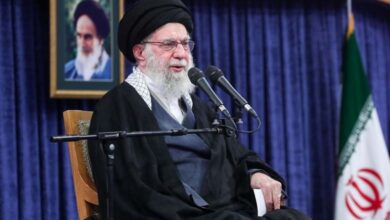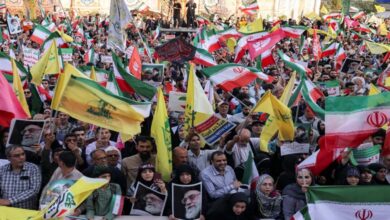Operation Rising Lion – How Israel Deceived Iran

In recent days, Israeli media was abuzz with talk of a potential Knesset dissolution and criticism over the wedding arrangements for Prime Minister Benjamin Netanyahu’s son. Yet behind the scenes, Netanyahu, Defense Minister Israel Katz, and IDF Chief of Staff Herzi Halevi were finalizing an unprecedented strike on Iran, later dubbed “Operation Rising Lion.”
-
Intense Cyber War Between Israel and Iran
-
Washington Tests Military Capabilities Amid Escalation Between Israel and Iran
According to Israel’s public broadcaster KAN, Netanyahu and Katz agreed on the attack date last Monday and informed General Zamir of their decision.
While the United States claimed it did not take part, former President Donald Trump acknowledged he was informed in advance. It is widely understood that such operations do not proceed without at least tacit U.S. approval.
But before the strike, Israel reportedly carried out a successful deception operation, which appears to have misled the Iranians.
-
Israel Launches Massive Strike on Nuclear and Missile Facilities in Iran
-
Is an Attack Imminent? US Newspaper Reveals Israeli and Iranian Preparations
Deception in Motion
For observers of internal Israeli politics, a strike on Iran seemed unlikely, especially with a new round of U.S.-Iran nuclear talks scheduled for Sunday.
American media had reported Israeli preparations for a potential attack, but fell short of confirming whether it would happen—given ongoing diplomatic engagement.
The newspaper Israel Hayom wrote: “On the surface, the deception appeared flawless: internal political debates about military conscription, coalition instability, Netanyahu’s fight to preserve his government—all while the attack order was signed on Monday.”
-
In Iran’s Eid Sermon: The U.S. and Israel Present with Warnings
-
“Surprise” in Israeli Attack on Iran: Advance Warning of Date and Targets?
The paper continued: “Foreign sources reported upcoming nuclear talks on Sunday, and even President Trump’s advisor, Steve Witkoff, announced his arrival for that purpose. Meanwhile, the U.S. had already been briefed by Israel about the strike.”
Further evidence: Mossad chief Dedi Barnea and Strategic Affairs Minister Ron Dermer remained in Israel rather than traveling to Washington. Their supposed meeting with Witkoff before the sixth round of talks was simply part of the deception strategy.
-
No Ceasefire in Gaza until De-escalation between Iran and Israel
-
Details of Iran’s “Recruitment” of an Israeli and His Girlfriend to Carry Out an “Assassination” Operation
Deliberate Confusion
In the final 24 hours, reports intensified of evacuation alerts from the White House for citizens and soldiers across the region. Rumors of a possible attack swirled—yet Israel gave no indication of action.
Even Trump issued conflicting statements, saying the U.S. preferred a diplomatic agreement just hours before the strike.
According to Israel Hayom, another layer of deception included the leak that Netanyahu was preparing to vacation in the north, with his son’s wedding scheduled for the following Tuesday—hardly a context suggestive of imminent war.
-
In Case of an Israeli Attack: Source Discusses Iran’s Plan and Target Bank
-
Iranian Missiles on Israel: Launch and Interception Costs
But the ruse worked. The airstrike that hit Iran overnight was described as a “strategic surprise” by top Israeli officials. The attack came at what they considered a point of no return, as Iran was said to be closer than ever to acquiring a nuclear bomb.
Unlike the October 7 Hamas surprise attack, this initiative, officials say, could reshape Israel’s security landscape for years to come.
-
Iran’s Secret Document Ignites a Dispute within the Israeli Military and Netanyahu’s Office
-
Washington Post reveals how Lebanese pay the price for Iranian threats and ongoing Hezbollah-Israel clashes
Deception Confirmed
Israeli Channel 13 quoted a government source confirming that Israel had conducted a days-long deception operation before the preemptive air strike on Iran, involving both media and political maneuvering, catching Iran off guard.
Only a select group of top-level figures knew of the plan.
The Prime Minister’s Office reportedly deliberately leaked false quotes from conversations between Netanyahu and Trump to portray a public disagreement—a move intended to influence both Israeli and Iranian perceptions.
The goal was to convince public opinion and Iranian leadership that an attack was not on the near horizon, in order to maximize the element of surprise and ensure operational success.












